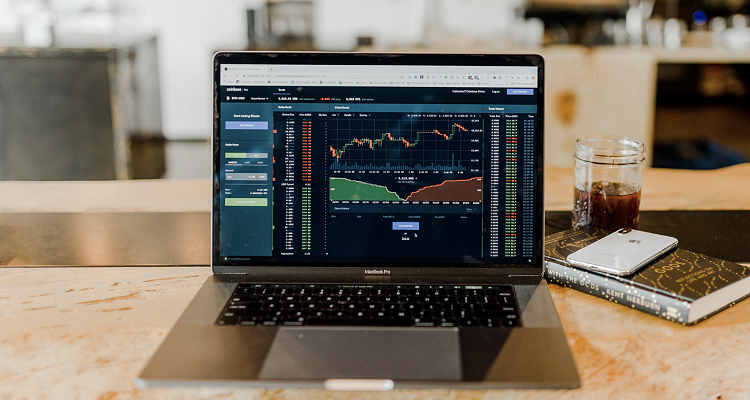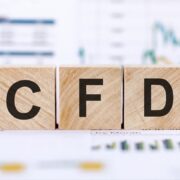If you are considering taking advantage of the global futures market and investing in the UK, it can take time to figure out where to start. Knowing which strategies work best for trading futures in markets is key to managing your investments effectively.
This article has been written specifically with traders from The UK in mind, giving an overview of the methods and approaches that will help ensure successful trading experiences – from setting up a brokerage account and navigating regulations to choosing suitable commodities, calculating risk exposure levels, and more. Read on to arm yourself with all the knowledge needed to invest in one of the fastest-growing economies confidently.
Table of Contents
What to consider when trading futures in the UK
Before moving forward, it is crucial to understand what trading futures in the UK entail. To begin with, be aware that markets are regulated by the FCA, meaning all investments must adhere to their regulations and guidelines. Additionally, Saxo Bank has become a popular option for investors looking to trade online as it offers access to global markets.
Furthermore, it is essential to know that the cost of trading in the UK can be more expensive than in other countries due to taxes and other fees. Additionally, there is a tendency for higher trading volumes in the UK, making it challenging to obtain the desired commodity at reasonable prices.
Set up a brokerage account
The first step in trading futures in The UK is to set up a brokerage account. It can be done online or offline through an online broker who will provide advice and guidance on the different types of assets available. Please make sure the broker you choose is FCA-approved, as this ensures they are subject to regulations and transparent regarding their fees and commissions.
To set up your account, you will need to provide the broker with a copy of your passport or ID card, proof of address and a scan of any relevant qualifications demonstrating you are eligible to trade in the UK.
Choose suitable commodities
The next step is to decide which commodities to trade in. The UK offers access to various futures contracts, including equity index and agricultural futures. Some commodities, such as crude oil and gold, are also available for trading. It is essential to research each commodity before investing, as different strategies may be needed for each one.
Finally, before investing in any commodity, traders should familiarise themselves with the local market. It can be done by studying trading patterns, understanding the economic and political factors that may influence prices, and analysing news reports.
Calculate your risk exposure
When trading in futures markets, it is vital to understand the level of risk you are taking and the potential losses that could occur. To do this, traders can use tools such as stop-loss orders or position sizing to limit their exposure and reduce the chances of significant losses in case of an unexpected market event.
Set a maximum loss limit for each trade, which will help ensure that your capital is not at too much risk. Additionally, traders should use risk management techniques such as diversifying their portfolio and employing hedging strategies to protect themselves from losses further.
Be aware of regulations
Knowing the different regulations and guidelines when trading futures in The UK is essential. It includes understanding the Taxation law, how capital gains taxes are calculated and any additional fees or charges you may need to pay. Additionally, it is recommended that traders familiarise themselves with the rules surrounding margin trading and other forms of leveraged investing.
By understanding the regulations and following them, traders can ensure their investments comply with laws. It will help protect their capital and minimise penalties or other sanctions risks.
Monitor the markets
Finally, staying up to date with the markets and regularly monitoring trading activity is crucial. It can be done by reading news reports, following market trends, and analysing price charts to identify potential opportunities. Additionally, traders should review their positions regularly and make adjustments if necessary.
By understanding how the markets work and employing the right strategies, investors can increase their chances of success when trading futures in the UK.
Conclusion
By following these strategies, traders can increase their chances of success when trading futures in the UK. By understanding the different regulations, setting up a brokerage account and researching potential investments, they can ensure that their capital is protected while still taking advantage of opportunities within the market. Additionally, monitoring the markets regularly and using risk management techniques will help traders reduce the chances of losses.












Comments